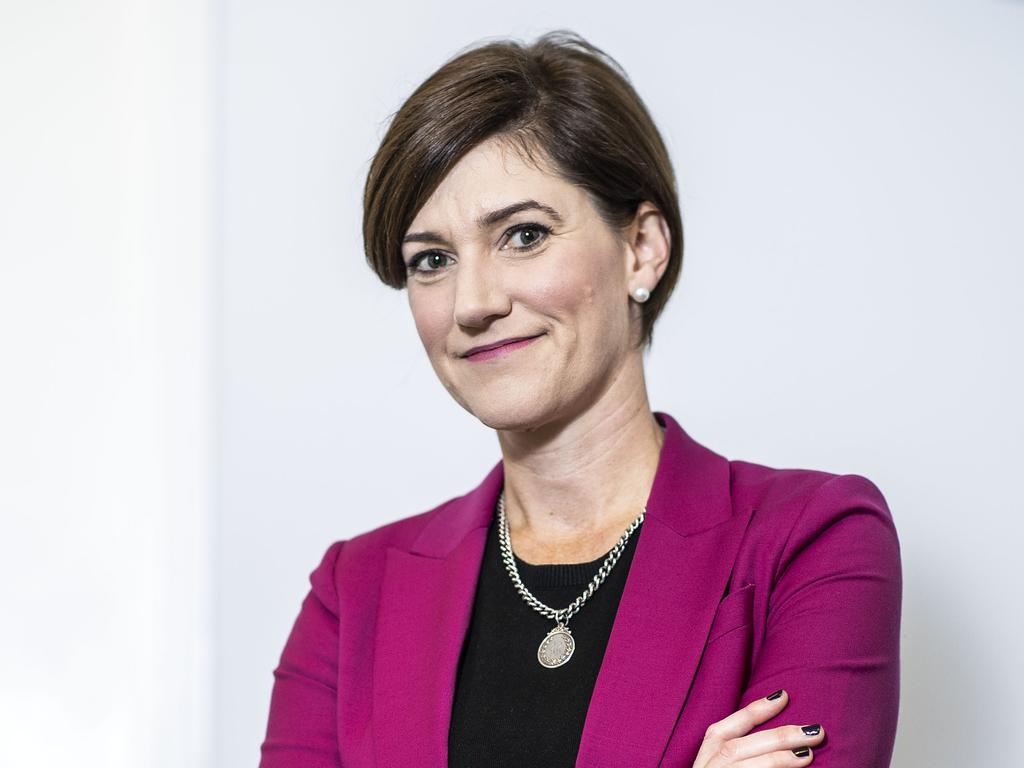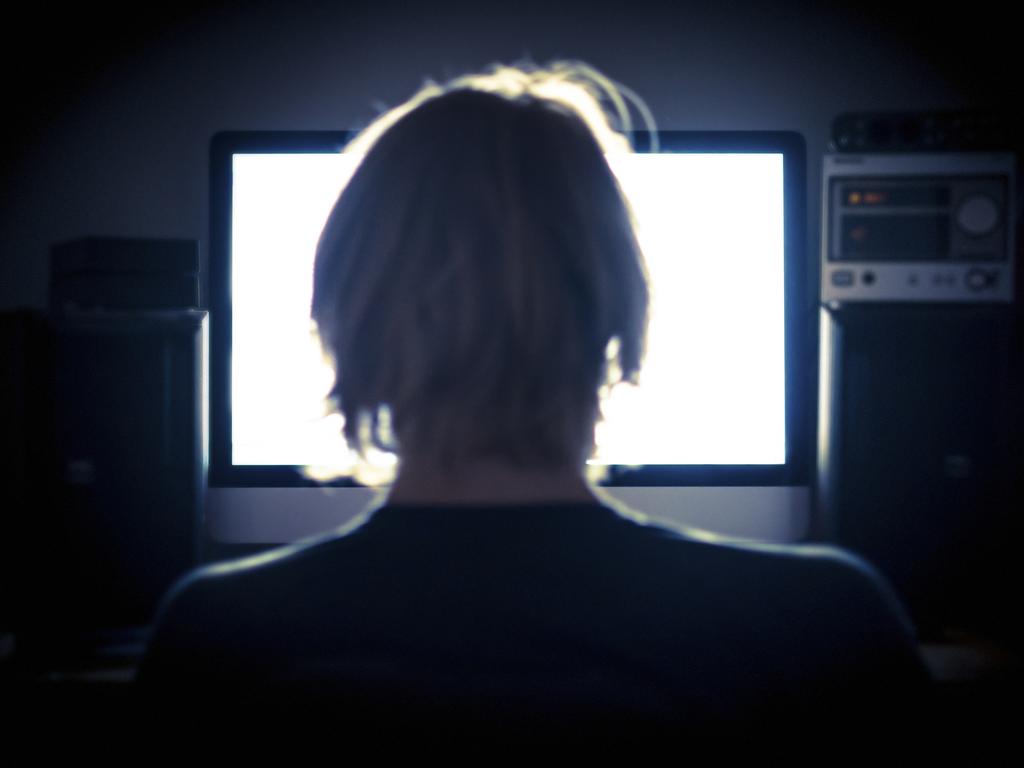
Barnaby Joyce personalised this issue recently when he attacked social media for spreading false rumours about his daughter having an affair. He spoke out because of the damage social media did to his own daughter – a reflection of the alarm in numerous families about social media.
The Prime Minister followed up by saying “social media has become a coward’s palace” where people could say “the most foul and offensive things and do so with impunity”. The Morrison government is now moving to counter this social evil. Morrison’s quest is to make Australia a world leader in bringing Big Tech to heel, a complex legal and financial challenge.
There is a growing movement against Big Tech and its damaging impact on our wellbeing. The companies are unaccountable; despite the benefits they offer they are ruining lives, spreading false information, weakening democracy and dodging tax.
One task is proving cause and effect – assembling evidence to clinch the case for decisive legislative change. This point was addressed in The Atlantic magazine last month in an article by New York University social psychologist Jonathan Haidt, co-author of The Coddling of the American Mind.
“The preponderance of the evidence now available is disturbing enough to warrant action,” Haidt writes. He argues “available evidence suggests that Facebook’s products have probably harmed millions of girls”. The damage is greater with girls than boys. “Something terrible has happened to Gen Z, the generation born after 1996,” he says.
National surveys in the US show by 2014, 80 per cent of high school students said they used a social media platform daily and 24 per cent said they were online “almost constantly”. Girls were heavier users of visually oriented platforms, primarily Instagram.
Facebook whistleblower Frances Haugen revealed the company’s own research: “Teens blame Instagram for increases in the rate of anxiety and depression … This reaction was unprompted and consistent across all groups.” The social comparison was worse on Instagram, which focused “heavily on the body and lifestyle”.
Summarising recent studies, Haidt writes: “Girls who use social media heavily are about two or three times more likely to say that they are depressed than girls who use it lightly or not at all. (For boys the same is true but the relationship is smaller.) Most of the experiments that randomly assign people to reduce or give up social media for a week or more show a mental health benefit indicating that social media is a cause, not just a correlate.”
Haidt says the change from 2010 when teens just texted their close friends to 2014, when they began posting carefully curated photographs awaiting comments and likes, “rewired everyone’s social life”. Users began “to perform for one another”. Spending hours on Instagram means “the wrong photo can lead to school-wide or even national infamy, cyber-bullying from strangers and a permanent scarlet letter”.
He quotes an internal slide from Facebook’s researchers referring to Instagram’s mental-health effects saying “parents can’t understand and don’t know how to help” and “social media has fundamentally changed the landscape of adolescence”. The upshot is that children have been “the subject of a gigantic national experiment testing the effects of these platforms”.
“Right now, families are trapped,” Haidt writes. “I have heard many parents say that they don’t want their children on Instagram, but they allow them to lie about their age and open accounts because, well, that’s what everyone else has done.”
Parents are complicit but know their acquiescence is wrong. They feel powerless, unable to control the technology or the social expectations it generates. This is a study in cultural debasement. It is a warning about the digital age – for every benefit it brings there is social and cultural damage on a scale once unimaginable.
The mental health eruption is devastating yet only one category in a litany of damage arising from the digital age. We should be warned – every message from corporations is the imperative to push into new domains such as artificial intelligence ASAP (getting machines to do tasks that require human intelligence).

Yet as the social media experiment reveals, the downside for the individual, civil society and humanity is realised and assessed only long after the revolution is complete and people start asking: “What, exactly, have we done?” We are guinea pigs. It is welcome to see a groundswell building demanding action to tackle the destructive consequences of social media on children and young women.
Morrison has announced a parliamentary inquiry to examine “toxic material on social media platforms” and its impact on people. He says the committee, chaired by Liberal MP Lucy Wicks, wants to hear from parents, teachers and athletes about “what needs to change”. “We’re saying something very simple,” Morrison says. “You built it. You make it safe. And if you won’t, we will make you.” Sound principle, difficult to enforce.
David Coleman, assistant minister to the Prime Minister for Mental Health and Suicide Prevention, says digital companies put profits before the safety of children. Coleman references a 2018 Headspace survey of more than 4000 young people aged 12 to 25 that nominates social media as the main reason youth mental health is getting worse.
The government also is introducing a bill “to force global social media giants to unmask anonymous trolls” based on the premise that social media companies are regarded as publishers and can be held liable for defamatory comments posted on their platforms. Morrison says the companies can avoid this liability if they provide information that enables a victim to identify and begin proceedings against the troll. To say this legislation will be daunting to be effective is an understatement.
The government previously has passed an Online Safety Act and created an eSafety Commissioner. Its main initiative was the News Media Bargaining Code, requiring the Big Tech platforms to pay news publishers for the content being used on their platforms.
These reforms are critical not just for commercial justice but for restoring norms of decency, civility and restraint into society. This cannot be done just by law but law has a role to play. Morrison’s principle is that the rules in the online world be the same as the rules in the real world.
While often attacked for lack of empathy, Morrison speaks with great empathy about this contemporary crisis. “I’m a parent,” he says. “I’m worried about my kids online. The parents I’ve spoken to today are worried about their kids online. This is an issue that is burned in our hearts and in our actions over the course of our government.”
Is there political benefit in this stance? Yes. But that misses the bigger question: is action needed and justified? Haidt’s conclusion is that the evidence is damning and it is time for regulators and legislators to hold Facebook and other social media companies accountable.








The campaign to make the tech giants accountable has been linked by Scott Morrison to the mental health crisis among young people – but that link applies far more to adolescent girls, which means if you care about the health of young women you must demand that Big Tech change its ways.